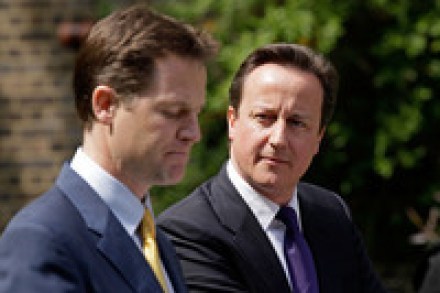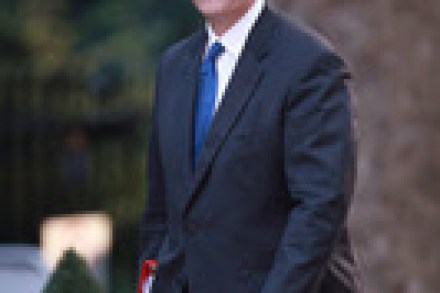Miliband on the trail
If you talk to Tory MPs privately and ask them which of the coalition’s budgetary decisions they are most uncomfortable with, they’ll generally indentify the VAT rise and the police cuts (the reductions in the defence and prisons budget are also often mentioned). So it is clever politics for Ed MIliband to be emphasising the VAT rise and the police cuts so heavily in Oldham East and Saddleworth. It enables him to oppose key bits of the deficit reduction programme without sounding like an out of touch left-winger. If Labour do hold the seat, it will be a boost to Ed Miliband. It will add to the sense that he
















